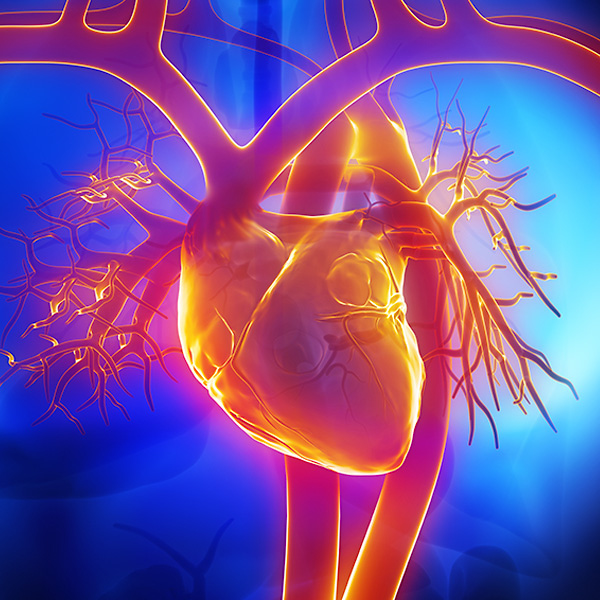Catheter-based Testing
Minimally Invasive Procedures for Diagnosing and Treating Heart Conditions
Highly skilled interventional cardiologists at Loyola Medicine are expert at diagnosing and treating coronary heart disease. While many non-invasive cardiovascular imaging techniques are used to help aid in the diagnosis of heart conditions, in some cases a catheter (thin tube) is required to adequately assess pumping of the heart, heart valve function, blood flow and blood pressure.
Loyola’s state-of-the-art facilities and expert doctors offer the latest in catheter-based testing, or cardiac catheterization, and provide expert care in administering the following tests:
- Angiogram — Provides a picture of blood flow inside an artery. General angiograms are used to evaluate the arteries in arms, legs, chest or abdomen. Special angiograms examine the arteries near the heart (coronary angiogram), lungs (pulmonary angiography), brain (cerebral angiogram) and aorta (aortogram).
- Fractional flow reserve (FFR) — Measures a change in pressure in an artery and detects decrease in blood flow that is lost because of a narrowing in your artery. With an FFR, a catheter with a tiny pressure sensor on the tip is inserted into the artery and blood pressure and blood flow readings are taken.
- Intravascular ultrasound (IVUS) — Guides a tiny camera into the artery to provide a picture of the location and extent of the fatty deposits called plaque.
- Optical coherence tomography (OCT) — Provides live, high-resolution images of the inside walls of the artery. This technique uses harmless low-frequency light and can provide detailed images without the use of radiation.
- Transseptal cardiac catheterization — Measures pressure in the left atrium and all four chambers of the heart in the case of heart failure and is used in the diagnosis of mitral valve dysfunction or presence of scar around the heart, constriction or hypertrophic cardiomyopathy.
In addition to aiding in the diagnosis of heart disease, catheter-based procedures can also be used for treatment of such disease.
Why Choose Loyola for Catheter-based Testing?
Loyola’s cardiology and heart surgery program is nationally recognized for our diagnosis and treatment of cardiovascular conditions. We work with you to help you understand your condition and develop a treatment plan that is right for you.
What to Expect with Catheter-based Testing
Catheter-based tests are used to aid in the diagnosis and treatment of numerous heart and vascular conditions, including the following:
- Aortic aneurysms
- Aortic dissection
- Aortic insufficiency
- Atherosclerosis
- Congenital heart disease
- Coronary artery disease
- Heart muscle dysfunction
- Heart valve problems
Prior to your catheter-based procedure, your doctor will administer a mild sedative and will use a local anesthesia where the catheter is inserted. There are two common points of insertion, which include:
- Femoral artery of the groin
- Radial artery of the wrist
Depending on the type of test your doctor recommends, you may receive a contrast injection of an iodine-containing contrast medium (ICCM), which aids in the visualization of your heart and vessels.
What are the Risks of Cather-based Testing?
Catheter-based testing is a minimally invasive procedure that does not generally pose significant risk. However, as with any medical procedure, there are some risks involved and they may include:
- Abnormal heart rhythms
- Bleeding at the site of catheter insertion
- Blood clots
- Infection
- Introduction of air into a blood vessel
- Reaction to the contrast injection
- Rupture of a blood vessel

